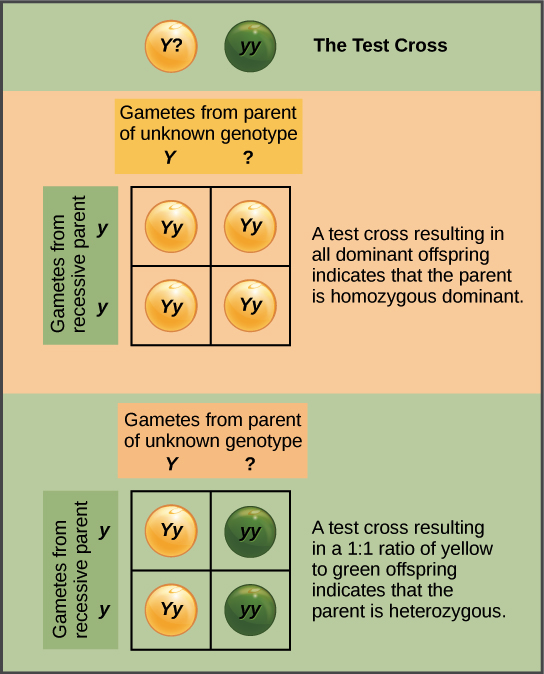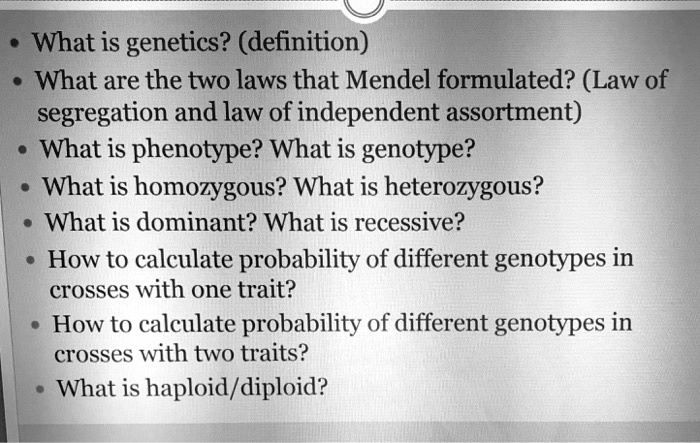
This may be exactly what’s needed in venturesome, uncertain, or risky situations. In the extreme, a high dominance worker will be fiercely individualistic. They flounder in situations where they don’t get their way or they have to listen to others perspectives and ideas instead of simply sharing their own. As Carol Warhurst, HR director at Murfin Drilling puts it, “They often speak first and think later. On second thought, you might not have to ask him he’ll likely offer his opinion anyway. Naturally innovative and venturesome, he can be critical of the status quo and “the way it’s always been done”. He is technically-oriented, preferring the world of things and facts rather than that of people and relationships. The high dominance employee is a “get it done” type of person. In most day-to-day situations, he will be competitive and will challenge himself and those around him to put his ideas into action to aggressively pursue his goals. He values independence and autonomy above all. He is hands-on and focused on producing results.

Understanding the High Dominance EmployeeĪ person with high dominance has many ideas and opinions, and he’s keen to share them with those around him. The dominance driveĭominance is the drive to have control over or make an impact on one’s environment. In this blog post, we cover the dominance drive. The PI Behavioral Assessment measures and provides interpretation guidance for four personality traits, or as we call them, Primary Factors. While social scientists have developed countless personality assessments for academic, clinical, and Buzzfeed entertainment purposes, The Predictive Index (PI) developed one of the first behavioral assessments specifically designed to measure and interpret behavioral preferences specific to the workplace. (Like a co-worker who washes out a cereal bowl in the kitchen sink but not the spoon. Picture diverse personalities bumping into one another in a dynamic and complex work environment having millions of variables and you’ll quickly understand the apparent mystery of human behavior. The theory goes on to posit that different configurations of these traits account for our unique personalities. Knowing that you are strongly extraverted doesn’t tell us how you will specifically behave in a given situation, but it does provide us with a predictable range of behaviors that we can expect you to exhibit. For example, if you’re a naturally extraverted person, you’ll likely be social in a variety of situations, and you probably have been for quite some time. A trait produces a drive to behave in a certain way.Īnother key characteristic of traits is that they are relatively stable over time. Traits are best considered habits of behavior, thought patterns, and emotions. Nurture debate-contributes to the development of our personalities. As such, knowing the origin of personality and some specifics regarding key workplace-impacting drives can give us a sort of unfair competitive advantage.Īccording to Trait Theory, a unique combination of genetic and environmental factors-think the classic Nature vs.

Define dominant traits full#
We can harness these to better understand and motivate employees, build stronger and more cohesive teams, and help others reach their full potential. We actually know a great deal about why people behave as they do, and we can benefit from well-researched psychological theories and modern assessment science. Human behavior is no mystery, not even in our corporations and organizations. The inevitable result is degraded performance, infighting, disengagement, and turnover.įortunately, the question itself can be answered. It happens when many workers think and act only from their own perspective and without an awareness and appreciation of individual differences among them. Sadly, organizational performance reflects this all too often. Left unanswered, this question relegates all types of human behavior to a mystery.

Why do we behave as we do? That question has preoccupied philosophers, psychologists, and researchers for millennia.
Define dominant traits series#
This blog post is the first of a four-part series covering the four behavioral drives that The Predictive Index™ measures in its PI Behavioral Assessment.


 0 kommentar(er)
0 kommentar(er)
